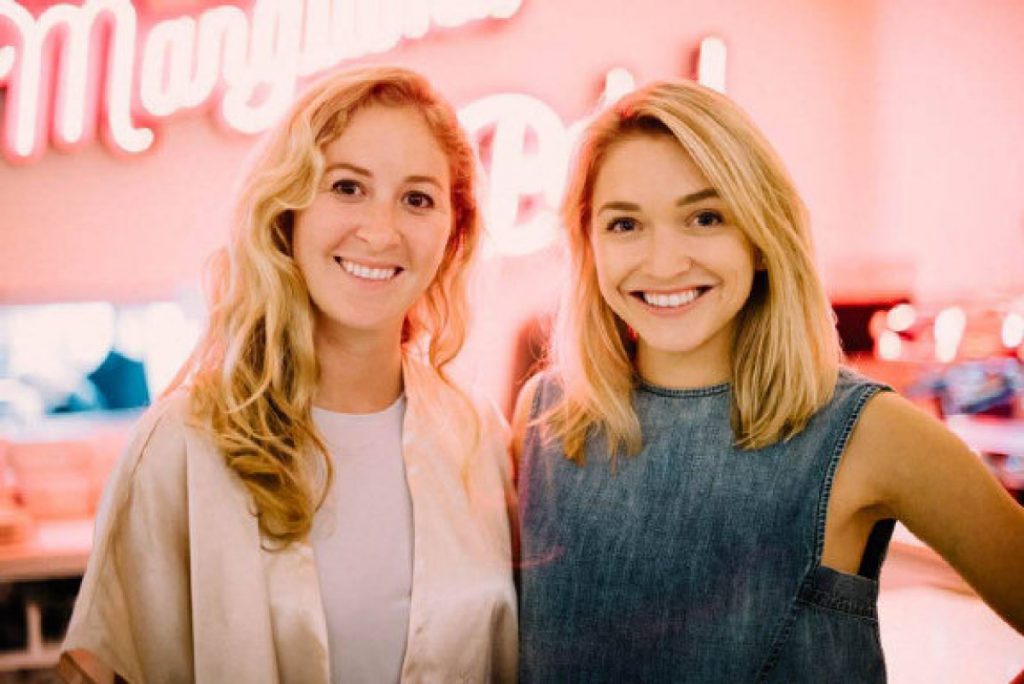As a skill-building side hustle, university students across the continent are convening online to seek out and share life hacks, such as how to order secretly available Jamba Juice smoothies and master the art of the homemade Tim Hortons Iced Capp.
Spoon University is a media company and website filled with by-students-for-students takes on all things food — with contributions coming from more than 280 campuses — to help out those learning to take care of themselves while living away from home for the first time.
The site hosts recipes slotted into categories that include: microwave, less than five ingredients and options best suited to those feeling high, healthy or hungover. Its How To section is filled with advice on things such as how to survive cafeteria food (or, make a face mask out of it) and thrive in a dorm (with tips on how to reheat pizza so it isn’t soggy).
Read more:
Millennials go back to school to learn basic life skills
The idea for the platform started back when its founders Sarah Adler and Mackenzie Barth were two junior-year university students in Illinois who moved off-campus and realized they didn’t really know how to live like grown-ups.
“We were having to cook for ourselves for the first time and take care of ourselves . . . and we felt totally ill-prepared to do that,” said Adler, 26. “And all of our friends were going through the same thing.”
The duo’s idea first materialized as a campus print magazine at Northwestern University and has since ballooned — with the help of an accelerator program — into a platform that is used by thousands of students across the continent.
Spoon University’s founders say their website’s back-end, which they call “secret sauce,” gives content producers access to resources, analytics and Codeacademy-esque tutorials applicable to the digital publishing world.
“It filled so many more holes than we expected it to,” said Adler, who studied journalism and religion in university. “It became this opportunity for all these people to get professional experience and learn things that they wouldn’t have been able to learn in classes.”
After its success at their own school, Adler and Barth helped set up Spoon University chapters at several other campuses. When they graduated in 2013, the two friends moved to New York City to take on Spoon University full time — ignoring those who suggested they get “real jobs” — and attempted to build their business.
Last May, their company — which now has more than 20 paid staffers working out of its Manhattan headquarters — was sold to Scripps Networks Interactive, a big player in the lifestyle media sector that owns the Food Network and HGTV.
At that time, Spoon University was valued at about $10 million, according to a Reuters report that quoted an unnamed source close to the deal.
Spoon University’s student content producers aren’t paid for their work. They aren’t considered contributors, Adler says — but customers. In exchange for content, active members of the Spoon community get access to resources, exposure and educational training, she said.
Sarah Katz, 22, is a recent University of Toronto commerce grad who co-founded the school’s chapter last year. She said the platform allowed her to explore her interest in food — writing about Toronto spots that deserve Montreal credit, where to go on a date in the Annex and Canadian versus American food chains — while gaining professional perks.
“Now, I’ve published things online and having an online presence — even if it’s not like the New York Times — I think it’s still pretty valuable,” Katz said of being both a writer and the chapter’s first editorial director. “I think it was a strong thing to have on my resume, because it was something different that made me stand out.”
Katz said she isn’t paid for her work, but considers it an extracurricular that has helped her build a skill set.
Queen’s University student Allie Fenwick found out about Spoon University by scrolling through her Facebook feed. She describes herself on the website as an “adventurous vegan food enthusiast and soy milk connoisseur,” and has written articles about how to navigate a meal plan on a plant-based diet.
“The coolest thing about (Spoon University) is that everyone is a student who has chosen to be a part of this — so anyone who is writing comes from a university or college student perspective, so that’s why I think it’s good for other university or college students to read,” said Fenwick, who became the editorial director for the Queen’s University chapter after spending a year writing for the site.
She says working on the website has helped her learn SEO and how to write for the web. Fenwick, who studies education, gender and drama, said Spoon University been a way for her to see if online media is something she’d like to pursue in the future.
“A lot of university students don’t really know where they want to take their degrees or what their specific interest is in, so this is a really good way to learn about a career path,” she said.

